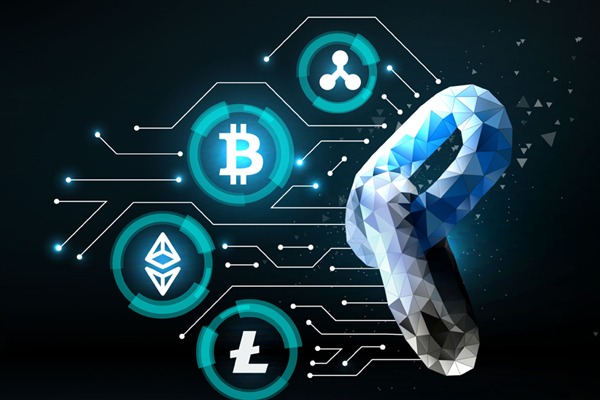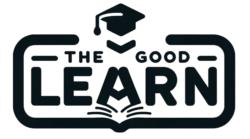In recent years, blockchain technology has gained significant attention and revolutionized various industries. One of the areas that can greatly benefit from blockchain is the certification of educational achievements. With the traditional certification process often being time-consuming, prone to fraud, and lacking transparency, blockchain technology offers a secure and efficient solution.
The Problem with Traditional Certification
Traditionally, educational achievements such as degrees, diplomas, and certificates are issued by educational institutions or authorities. However, this process involves several challenges:
- Fraud: Traditional certifications can be easily forged, leading to potential misuse and misrepresentation of qualifications.
- Verification: Employers, educational institutions, and other stakeholders often face difficulties in verifying the authenticity of certificates, resulting in delays and inefficiencies.
- Centralization: The centralized nature of certification systems makes them vulnerable to hacking, manipulation, and data loss.
How Blockchain Technology Can Help

Blockchain technology offers a decentralized and transparent solution to these challenges. By leveraging the features of blockchain, educational achievements can be securely recorded, verified, and shared.
Immutable Records: Every certified achievement can be recorded as a unique transaction on the blockchain. Once recorded, the information cannot be altered, ensuring the integrity and authenticity of the certification.
Decentralization: With blockchain, the certification process can be decentralized, eliminating the need for a central authority. This reduces the risk of fraud and manipulation, as multiple nodes in the network validate and approve the certifications.
Transparency: Blockchain provides a transparent system where all stakeholders have access to the same information. This enables employers, educational institutions, and individuals to easily verify the authenticity of certifications, streamlining the hiring process and reducing administrative overhead.
Smart Contracts: Smart contracts can be used to automate the verification process. Educational achievements can be linked to specific criteria, such as grades or completion of specific courses. When these criteria are met, the certification is automatically issued, reducing manual intervention and ensuring accuracy.
Benefits of using Blockchain for Certification
The implementation of blockchain technology in certifying educational achievements brings several benefits:
- Security: Blockchain’s cryptographic algorithms and decentralized nature make it highly secure, reducing the risk of fraud and unauthorized access.
- Efficiency: The use of smart contracts and decentralized verification speeds up the certification process, eliminating manual paperwork and reducing administrative costs.
- Trust: The transparency and immutability of blockchain records build trust among stakeholders, ensuring that certifications are reliable and tamper-proof.
- Global Accessibility: Blockchain-based certifications can be easily accessed and verified from anywhere in the world, enabling seamless recognition of qualifications across borders.
Bechnology has the potential to revolutionize the certification of educational achievements. By leveraging blockchain’s security, transparency, and decentralization, the traditional challenges of fraud, verification, and centralization can be overcome. The implementation of blockchain in certification brings numerous benefits, including increased security, efficiency, trust, and global accessibility. As blockchain technology continues to evolve, it is expected to play a transformative role in education and certification processes.

